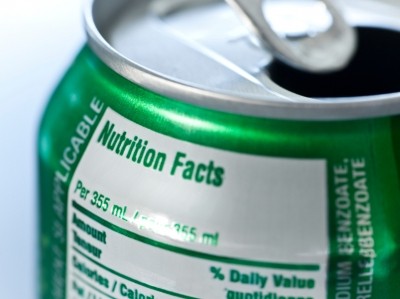Canadian Beverage Association says it supports new energy drink regs

“The Canadian Beverage Association and its members look forward to working with Health Canada to ensure a science- and fact-based approach for the transition of energy drinks to where they belong under the food regulations,” the association said in a statement.
Until now, energy drinks have been governed under Natural Health Product regulations, and have not been required to carry nutrition information. Energy drink manufacturers affected by the new requirements were advised of any necessary formulation changes by the end of last month. They have until December 31 to reformulate products or to withdraw them from the market, and until March 2014 to revise the labeling of those products that do not need to be reformulated.
By the end of the year, all energy drinks sold in Canada will have to comply with a cap on caffeine levels of 180mg per serving – about the same amount as a regular cup of coffee – or 400mg per liter. They will also need to ensure that types and levels of vitamins are within safe limits, and to add a warning advising not to mix the product with alcohol.
The changes also include a requirement to carry a Nutrition Facts panel, ingredient listing and allergen information, in line with regulations for other foods and beverages.
“This change will allow our members to provide consistent and clear labeling similar to what consumers are accustomed to seeing on all other food and beverage packaging,” the Canadian Beverage Association said.
It added that the changes will more closely align Canada with how energy drinks are classified in over 160 other countries around the world.
Health Canada said that the regulations were intended to prevent overconsumption of caffeine and other ingredients such as vitamins, and to help parents monitor the caffeine intake of their children and teenagers.
Until now, drinks could also be considered as natural health products in Canada if they contained minerals, herbal remedies, probiotics, amino acids or essential fatty acids, among others, that are used for treating or preventing disease or for maintaining or promoting health.
In a letter to affected companies, Health Canada said the decision to tighten the NHP regulations was based on three main principles:
- A risk-based approach to protect the health and safety of Canadians
- Procedural fairness and transparency
- Minimal disruption to the stream of commerce
















